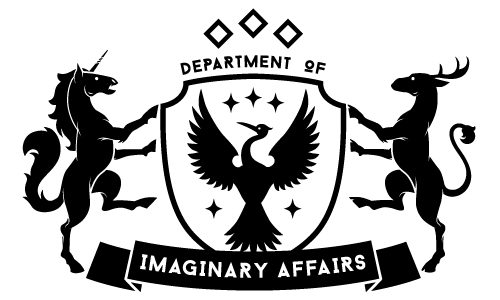“We can’t solve problems with the same thinking we used to create them” – Albert Einstein
Purpose
We spark solutions at the intersection of kids and the future.
Goal
The goal of School 2080 is to inspire new spaces for learning. We work with new change agents to build healthier communities and places for learning to thrive.
Why Kids?
All children deserve the opportunity to find a love for learning. Yet many of our youngest and newest citizens don’t see themselves as agents of change or know that school could be something different. We know through the work of How does Learning Happen? that kids thrive in learning environments that build foundations of belonging, well-being, engagement and expression.
When kids are the focus, we all win. We’ve seen over and over again the struggles to address what’s best for kids, especially in education – should we focus on the present or on the future? From a people-centred design approach, we value designing for and with extreme users. For the users who might be harder to understand but when we do, we ultimately come up with solutions that work for everyone else.
Why Future?
The future brings us together. When it comes to designing new possibilities, we have to believe anything is possible in the future. We are the designers of our future and we don’t have to let the past dictate what’s to come.
Kids are the designers of their futures. By participating in the design of their future, kids are enhancing their creative and critical thinking skills while simultaneously telling us how to design for the futures they want to see.
Our Approach
We know we need a different way of thinking to solve our most complex education problems. In order to move beyond factory-model improvements and begin to create sustainable solutions, we use a creative problem-solving process called design thinking. Design thinking is rooted in empathy and problem framing. Design thinking brings a set of principles and methods that drives innovation and new models of thinking through:
| Structured Process
A thorough toolkit for understanding problems and putting the user at the core of the solutions |
Shared Ownership
A culture developed around common language and set of goals created and practiced by all participants |
Co-Designed Ideas
A set of tools and methods for making ideas tangible, and quickly prototyping in real-world situations |
Reflective Practice
An inquiry-led process built through a series of asking bigger and deeper questions |
Our Timeline
| Pre-Design
In this phase, we plan to build key champions and partnerships and develop a team of advisors, research paths for capacity building and growth and seek funding opportunities through an initial convening. |
Design
In this phase, we plan to meet with our newly established team of advisors and learning partners to layout project scope, evaluation metrics and common language and goals through a research sprint to understand user experiences through interviews, site visits and observation. |
Discovery
In this phase, we plan to immerse ourselves with partners, schools and communities to share our common language and goals and understand what complex problems exist that we should focus our attention on through a series of design thinking 101 workshops. |
Define
In this phase, we plan to take what we have learned in the Discovery phase and narrow our focus to selected projects with selected learning partners and build a community of practice through a series of design labs. |
Develop
In this phase, we plan to work with learning partners to co-design a series of tangible ideas to prototype in the real-world through a series of prototyping sprints and synthesis sessions. |
Deliver
In this phase, we plan to implement prototypes and evaluate impact and revisit initial design phase to start over through action and implementation labs and share our learnings through a final convening. |
Our Advisors
We are looking for innovative thought-leaders who are eager to see changes in education led through inquiry, future-oriented thinking and fueled by kids’ imaginations. If this is you or you know someone who might fit the bill, please connect with us at minister@dia.space
References
“How Does Learning Happen? Ontario’s Pedagogy for the Early Years A resource about learning through relationships for those who work with young children and their families”, Ontario Public Service, 2014, retrieved from http://www.edu.gov.on.ca/childcare/HowLearningHappens.pdf
